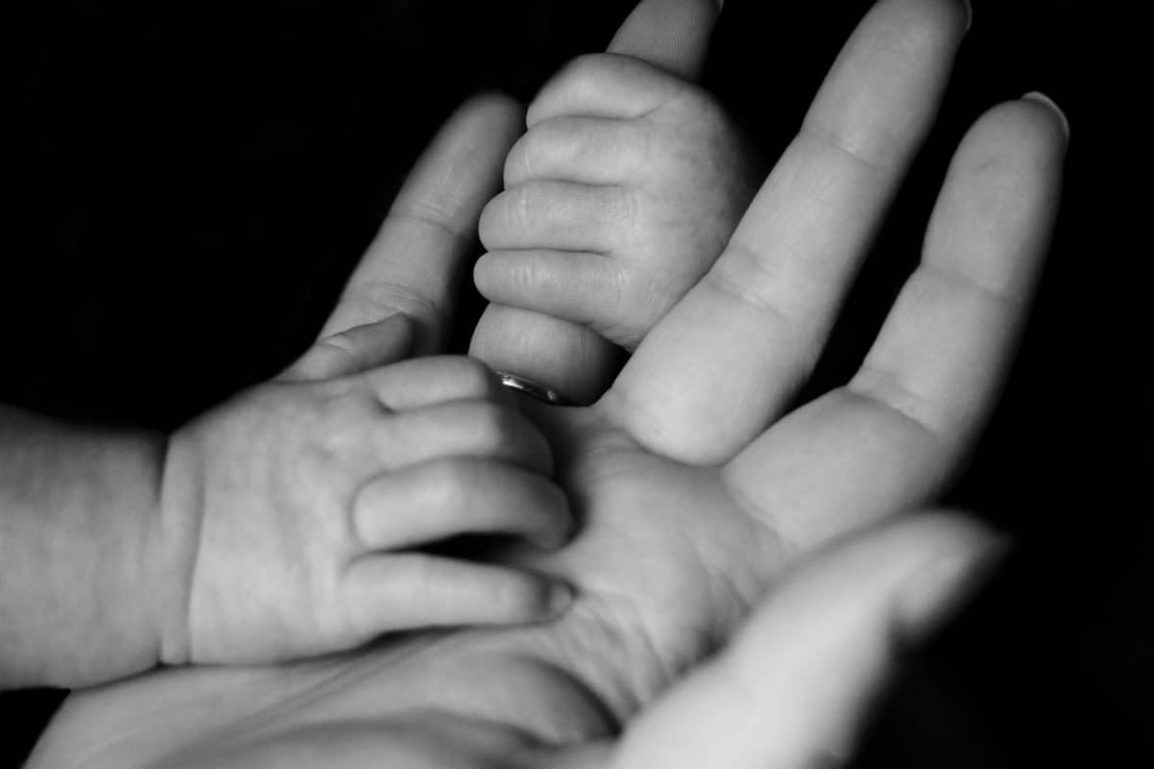Susan Yvonne Summers isn’t someone you might think of as a shero. She wasn’t famous, didn’t make any major changes to the world, and her name won’t be in any major history books. But I still wanted to highlight her. Because I genuinely believe that sheros can come from a variety of places, even our own families. And I think it’s these sheroes that can impact us the most.
Background
My nana was born in 1947 in North Alabama. She told stories of dirt floors, outhouses, and, subsequently, chamber pots, and of picking cotton in the summer so much that her fingers would be scraped up from the sharp plants. Growing up, her life was hard. But my nana still found ways to find the good in bad situations.
Marriage
My nana always hoped for a better life. Though she never went to formal college, she went to night school when going to normal high school became no longer an option. It was at this night school that she met John.
John was an intelligent man from a much wealthier family. He was also kind to her. Though she never told me much about their courting days, I’m sure John, my grandfather, jumped through a lot of hoops to impress my rightfully high maintenance grandmother.
They soon were married. And about a year later, they welcomed their first daughter. Two years later came a second daughter, my mother.
Motherhood
So you may be wondering just what made my grandmother a Shero. Other than being a woman who escaped poverty by marrying someone with more opportunities, it doesn’t sound like she did much. Here’s where it gets interesting.
Not a stranger to being resilient through hard situations, my nana didn’t cower when her first daughter, Janice, was diagnosed with juvenile Type I diabetes, when John started hitting her, or when John started harshly treating Janice when she would act out (which Janice would usually do as a stress response to her illness). In fact, leaving John was probably a much harder decision than my nana would’ve ever said it was.
Escape
Leaving a marriage, no matter how abusive it may have been, wasn’t common in the south in the 1970s. Especially if you were like my nana with no extra familial wealth to sustain you. But my nana trusted herself and she trusted God to protect them. And like that, she was gone. She never asked for anything from John except when she showed up at his door in the pouring rain to ask him to come to the hospital because Janice was sick. And when he refused to go, she barely ever spoke to him again.
Burning Bras and Providing
My nana joined the official second wave of feminism for survival. Needing to support her daughters, she became the first woman to work in Decatur, Alabama’s 3M Plant. She made her way in what was always considered a man’s world, working hours upon hours to give her children a better life. My mom says they constantly moved around because my nana always tried to give them a better home to live in. She never gave up until she was in a car accident that hindered her from working.
Even after the accident, she didn’t sit idle. My grandmother cleaned houses for years, always trying to help support her family. Even in times when she had next to nothing, she would find a way to buy groceries for friends or family in need. She had a million reasons to be tired, pessimistic, and to just simply be angry at life, but she chose to love instead. Everyone who knew her would agree that she had the biggest heart of anyone they had known.
Nana
My nana did so much to help raise me. I lived with both my mom and my nana in a house we shared. When my mother would work long hours, she would watch me during the day. There, Nana taught me lessons of strength, surviving in an environment where you don’t feel you belong, and how choosing to love deeper is always worth it.
When my nana became terminally ill, she still wanted to cook for me. She still wanted to clean the house. And overall, she still wanted to be present to raise me. And she was. Until the very end. And though she never became historically significant on a large scale, her sacrifices haven’t been in vain.
Because of her decision to leave her first marriage, she created a better life for her daughters. In the timeline from my nana’s childhood to now, my family has made it out of poverty, worked our way into leadership positions at our respective jobs, and I represent the first generation to attend college.
She changed the course of our family forever.
Closing
In closing, I didn’t just want to brag about my grandmother this whole article. But I did want to tell a story about how one person, no matter how insignificant they may seem on the surface, can change the course of generations. It’s like water in a stream. And it only takes one person to begin the flow and then to pour into the next.
My nana poured into just a few people and, like a chain reaction, everyone subsequently affected has been able to live an easier and more fulfilling life.
And that’s why she’s my favorite shero. While making huge explosions of change is amazing, sometimes it’s the smaller things, paired with bravery, resilience, and love, that can create lasting impact.
I also wanted to write this because if you’ve ever felt insignificant, I need you to know that you have more power than you realize. Maybe you’ll be the force that changes an entire lineage. Maybe one day your granddaughter will write about your sacrifices and reflect on how you started everything for her.
Sheroes come in many forms, after all, and we all have the power to make great changes.

